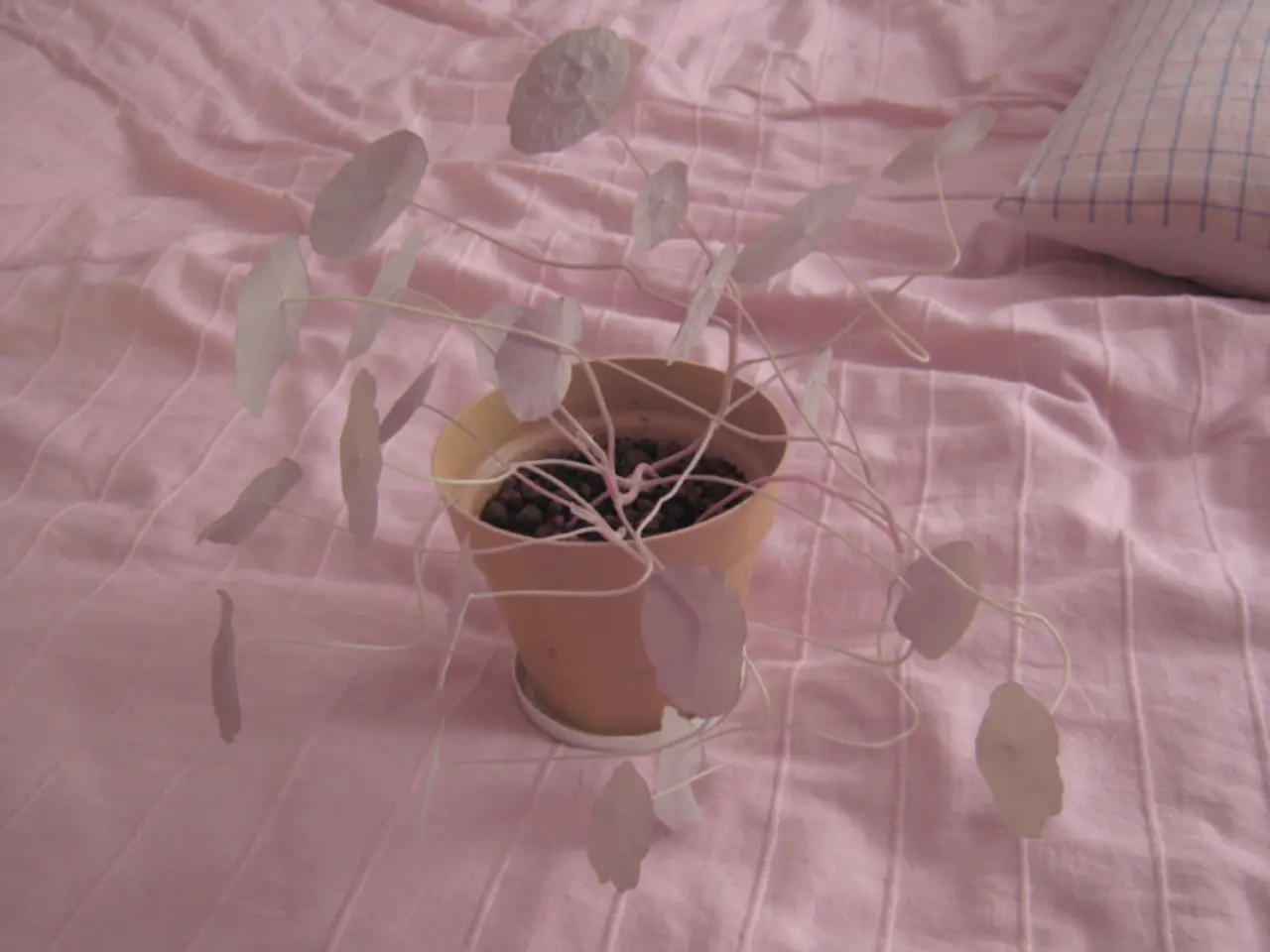Latest TikTok craze: 'Bed rotting' phenomenon explained
The "Bed Rotting" Trend Among Gen Z: Balancing Self-Care and Health
A new trend has emerged among Gen Z, known as "bed rotting," which involves spending extended periods of time in bed during the day as a form of self-care. While this practice is often seen as a means of relaxation and stress relief, it's important to understand the potential health implications and maintain a balanced approach to well-being.
Health Risks of Bed Rotting
Prolonged inactivity in bed can lead to several health concerns. These include the potential negative effects of sedentary behavior, such as reduced cardiovascular health, muscle weakening, and poor posture if left unchecked over long periods without movement. Additionally, disruption of circadian rhythms and sleep quality can occur when bedtime and wake time become irregular due to staying in bed during daylight hours.
There's also a possibility that excessive withdrawal into bed could be symptomatic of or contribute to depression or anxiety, though some view it as a coping mechanism for stress. It's crucial to be aware of these potential issues and seek appropriate support if you suspect you're experiencing depression, burnout, or other underlying health issues.
Maintaining Balance for Overall Well-being
While rest is essential for well-being, exercise is also a powerful tool for maintaining good mental and physical health. To strike a balance, engaging in mindful relaxation activities outside of bed, such as gentle stretching, meditation, or reading, can promote mental calm without prolonged physical inactivity.
Establishing a balanced daily routine that incorporates adequate sleep, physical movement, healthy nutrition, and social interaction while allowing intentional rest periods is also key. Using bed rotting intermittently rather than as a daily habit can help prevent prolonged sedentary effects and maintain motivation for activity.
Alternatives to Bed Rotting
An alternative to prolonged bed rotting is the practice of "hurkle-durkle," which means lingering in bed comfortably but for shorter durations. This could be for 10-20 minutes, allowing gradual waking and reducing abrupt stress from starting the day.
Another option is to focus on good sleep hygiene, which involves reserving the bed for sleeping only. This can help regulate sleep patterns and improve overall sleep quality.
The Appeal of Bed Rotting
This trend is particularly appealing to Gen Z, who report feeling more stressed than other generations. Bed rotting is seen as a shunning of hustle culture and productivity in the pursuit of self-care.
Conclusion
While bed rotting is increasingly popular as a form of self-care among Gen Z and millennials, moderation is key to avoid physical and mental health downsides. Incorporating shorter, mindful rest periods and active self-care alternatives can help maintain overall well-being while honoring the need for rest and recuperation.
Read also:
- Exploring the Advantages of Outdoor Group Meditation for Enhancing the Mind-Body Union
- Hidden beneath the appealing aesthetic of Consume Me's artwork lies a more ominous nature
- Meta's Artificial Intelligence Now Condenses Your Group Conversations. Fate Seems Grim in Zimbabwe
- Perfect Treat for Soothing and Relaxing Muscles: Magnesium-Infused Body Butter





